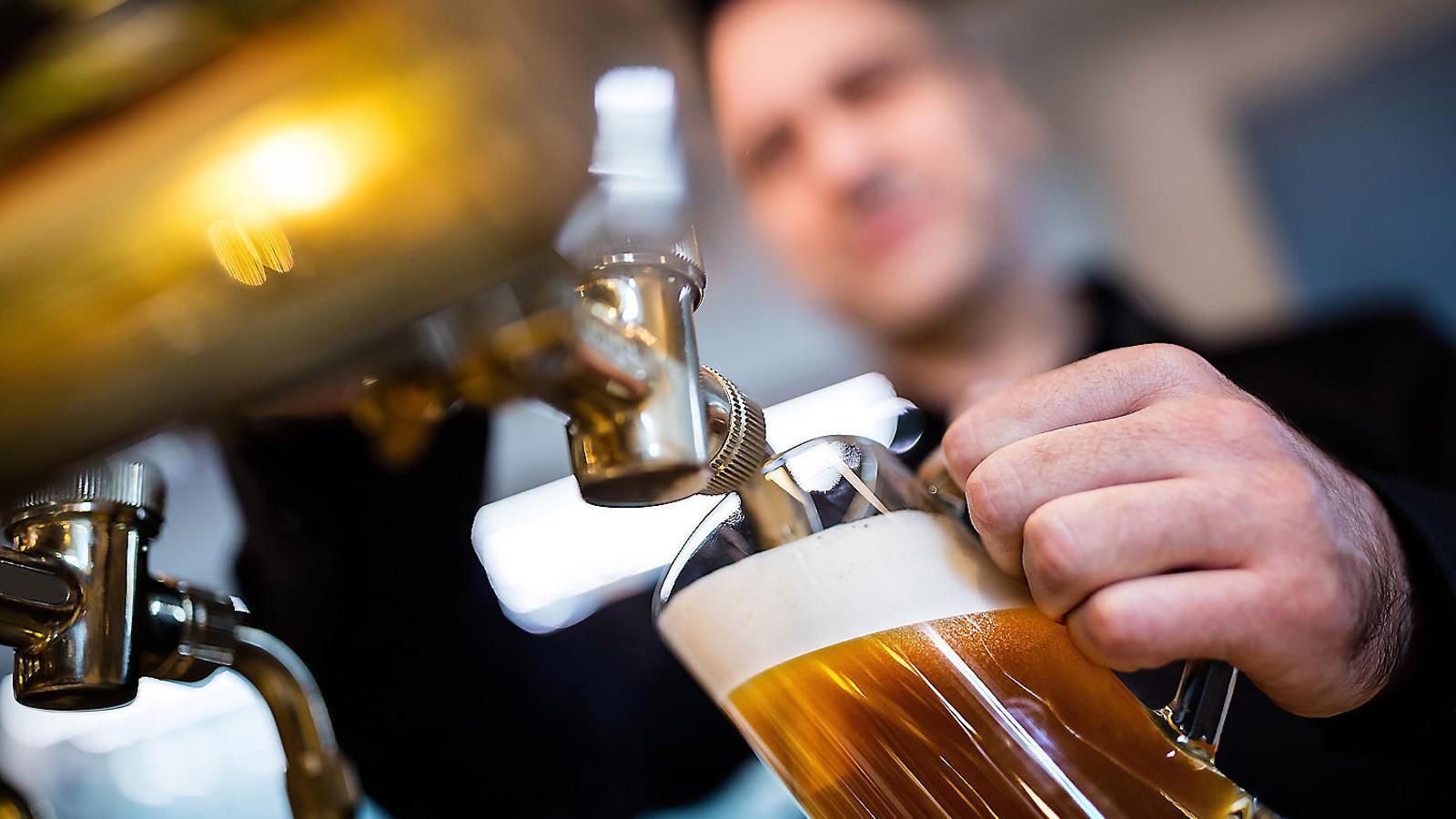Paying twice as much for wine and beer could reduce liver disease.
The European Association for the Study of the Liver calls for tougher alcohol prices.

BarcelonaSpain is the country with the cheapest alcohol in the eurozone and the fifth with the lowest prices in the entire European Union. Excessive alcohol consumption carries the risk of developing a wide range of diseases, such as cancer of the pharynx, larynx, liver, esophagus, oral cavity, and especially colon and rectal cancer in men, and breast cancer in women, according to the World Health Organization (WHO). Therefore, the European Association for the Study of the Liver (EASL) advocates that taxes on alcoholic beverages should be tightened to mitigate their impact on health and also reduce healthcare spending. It estimates that, in Spain, if the price of cheaper beverages, such as wine and beer, increases by between 40% and 130%, there would be "a direct and significant effect" on the reduction of liver disease.
This is one of the conclusions of ain the report of theHepahealth II project, conducted by the HealthLumen team for the EASL. The authors analyzed the prices of alcoholic beverages and the incidence of liver disease in France, the Netherlands, and Romania and concluded that raising prices would prevent more than 11,500 cases of chronic liver disease and 7,900 cases of cancer—in fact, more than €620 million. They have made the calculation taking as reference a unit of alcohol, which is equivalent to a glass of wine, a glass of beer, or a sip of liquor. They believe this unit should cost at least 70 cents for the measure to be effective. For example, a 750 ml bottle of wine with 13% alcohol is about 8 units, so it should cost at least 5.60 euros.
According to the study, there are countries that have already implemented this measure and have been successful in reducing the incidence of disease. This is the case in Scotland, which raised the price of a unit of alcohol to 50 cents in 2018, and beverage consumption fell to a level it hadn't seen in 25 years. The same occurred in Wales, which in 2020 followed suit with its neighbors and has reported similar reductions in alcohol purchases, especially among consumers with high-risk habits. Several Canadian provinces have adjusted minimum prices to reflect inflation and have achieved a decrease in both alcohol-related hospitalizations and deaths.
The study also recommends strengthening tax policies on sugary drinks and ultra-processed foods. Although it doesn't specify a specific figure, it aligns with the WHO's recommendation to implement a tax that would increase their price by at least 20%.
